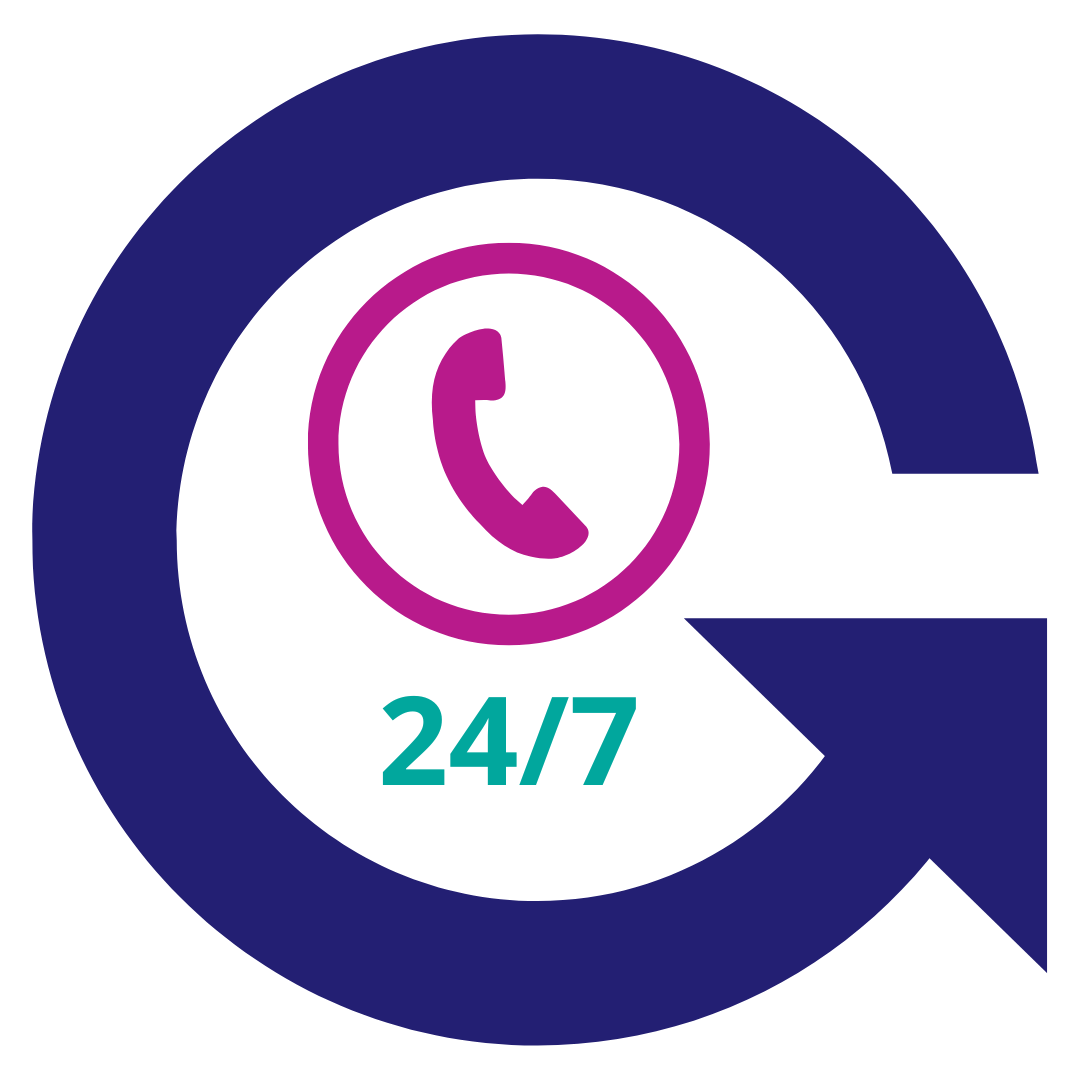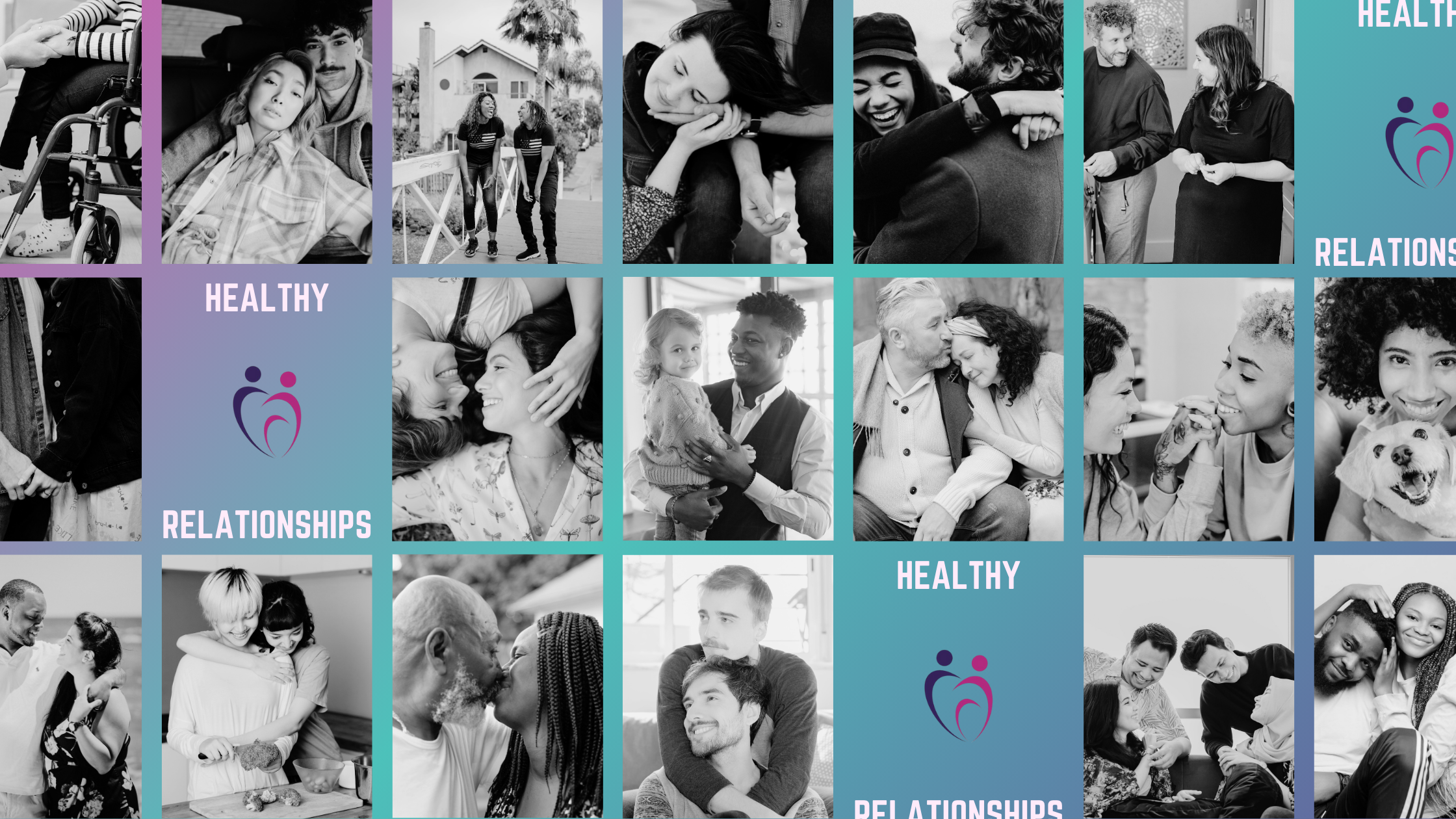
InterAct's crisis lines are available 24 hours a day, seven days a week, 365 days a year.
DOMESTIC VIOLENCE: (919) 828-7740; (866) 291-0855 toll-free
SEXUAL ASSAULT: (919) 828-3005; (866) 291-0853 toll-free
SPANISH: (844) 203-8896
Relationships span a spectrum from healthy to abusive, with varying degrees of healthiness in between.
February 2024
How do you know if your relationship is healthy, unhealthy, or abusive?
To grasp relationships and gauge their healthiness, it’s important to recognize the signs of the three categories: healthy, unhealthy, or abusive. This initial step lays the foundation for understanding relationship dynamics.
At InterAct, we work with people affected by domestic abuse and sexual assault with the goal of equipping victims and survivors with the skills and knowledge needed to live a violence-free life. Understanding the differences between healthy, unhealthy, and abusive behaviors is a fundamental step toward a better life. Each of us plays an important role in building a safer Wake County for everyone. Awareness of positive relationship dynamics equips people with the tools needed to choose better behaviors in their lives. Sharing this knowledge with teens and young people gives them the knowledge needed to recognize and steer clear of unhealthy relationships.
What is the definition of an abusive relationship?
Domestic violence or domestic abuse (also referred to as intimate partner violence (IPV), dating abuse, or relationship abuse) is a pattern of behaviors used by one partner to maintain power and control over another partner in an intimate relationship.
Domestic violence doesn’t discriminate. People of any race, age, gender, sexuality, religion, education level, or economic status can be a victim — or perpetrator — of domestic violence. That includes behaviors that physically harm, intimidate, manipulate, or control a partner or otherwise force them to behave in ways they don’t want to. This can happen through physical violence, threats, emotional abuse, or financial control.
Learn more at TheHotline.org.
Now, let’s take a look at the goals of rebuilding a life previously affected by domestic abuse and learning to identify a healthy or unhealthy relationship that may prevent becoming an abusive one.
Check the signs for all three categories. If unsure, please contact InterAct’s crisis lines, which are available 24 hours a day, seven days a week, 365 days a year. Call 919-828-7740 or toll-free at 866-291-0855.
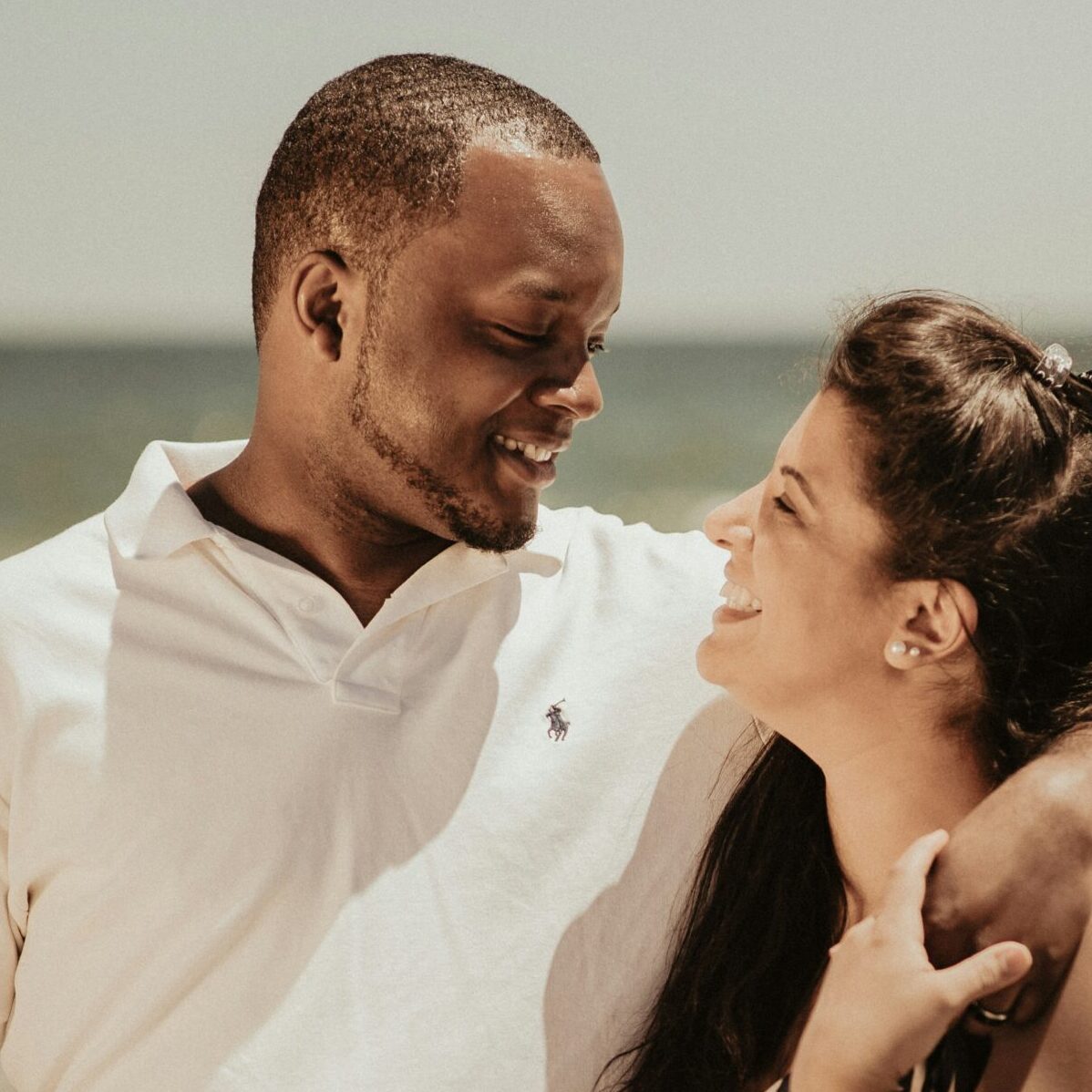
Signs of a healthy relationship.
In a healthy relationship.
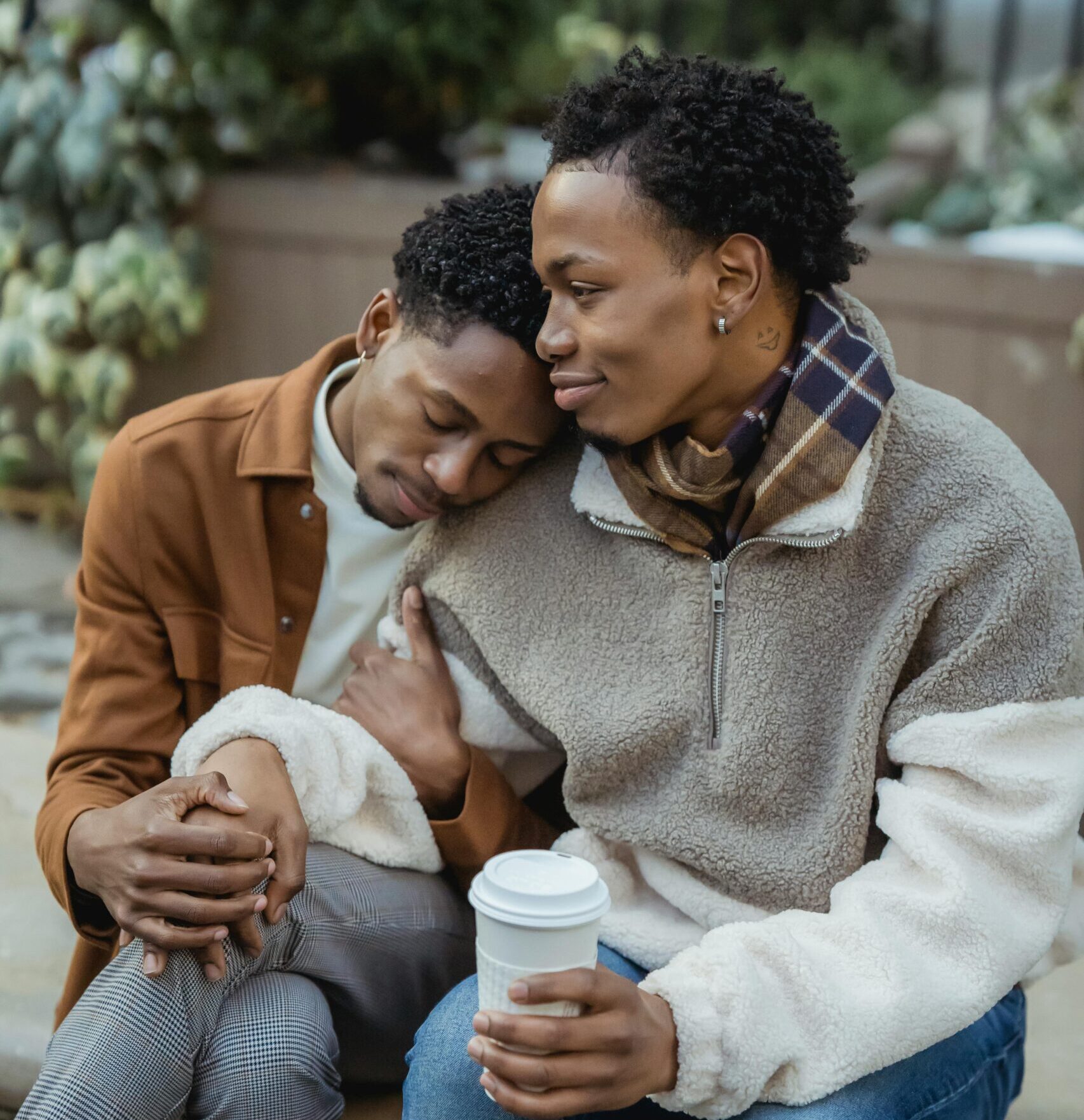
How You Can Help
Recognizing Abuse Types
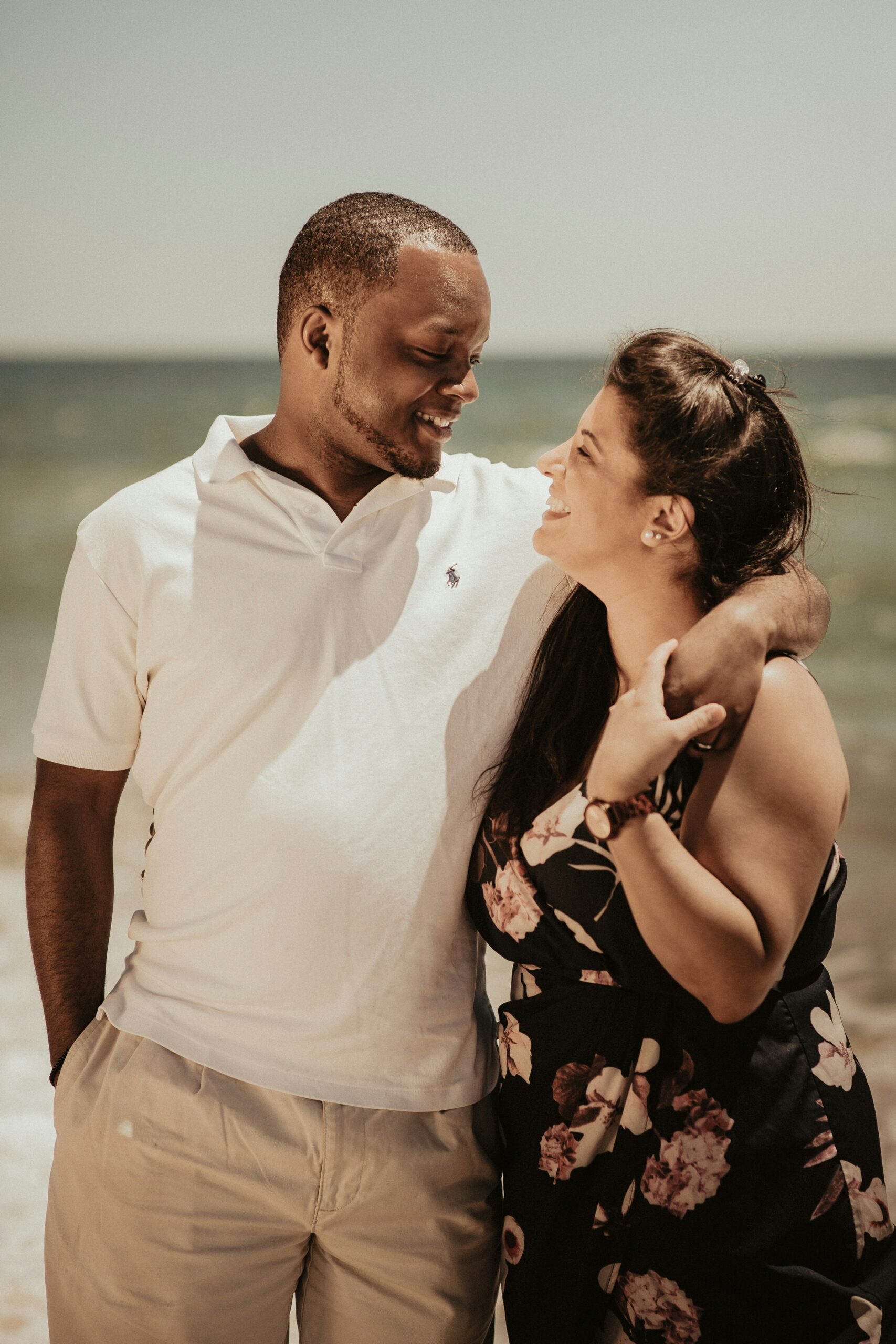
In a Healthy Relationship
- Mutual respect for individuality.
- Open, honest communication for safety.
- Unwavering support, even amid differing opinions.
- Equal influence and respected boundaries.
- Acknowledgment of the importance of personal time.
- Fearless expression of feelings.
- Thriving, jealousy-free communication.
- Genuine encouragement for personal goals.
Learn more at TheHotline.org.
Keep in mind: nobody should ever endure any form of abuse, and every instance of abuse is significant. If you notice any of these warning signs in your relationship, don't hesitate to contact us at (919) 828-7740, 24/7/365.

In An Unhealthy Relationship
-
- Unauthorized checking of your phone or email.
- Persistent demeaning behavior.
- Excessive jealousy or insecurity.
- Uncontrolled temper outbursts.
- Isolation attempts from family or friends.
- Baseless accusations.
- Mood swings.
- Any form of physical harm.
- Overly possessive behavior.
- Controlling directives.
Learn more at TheHotline.org.
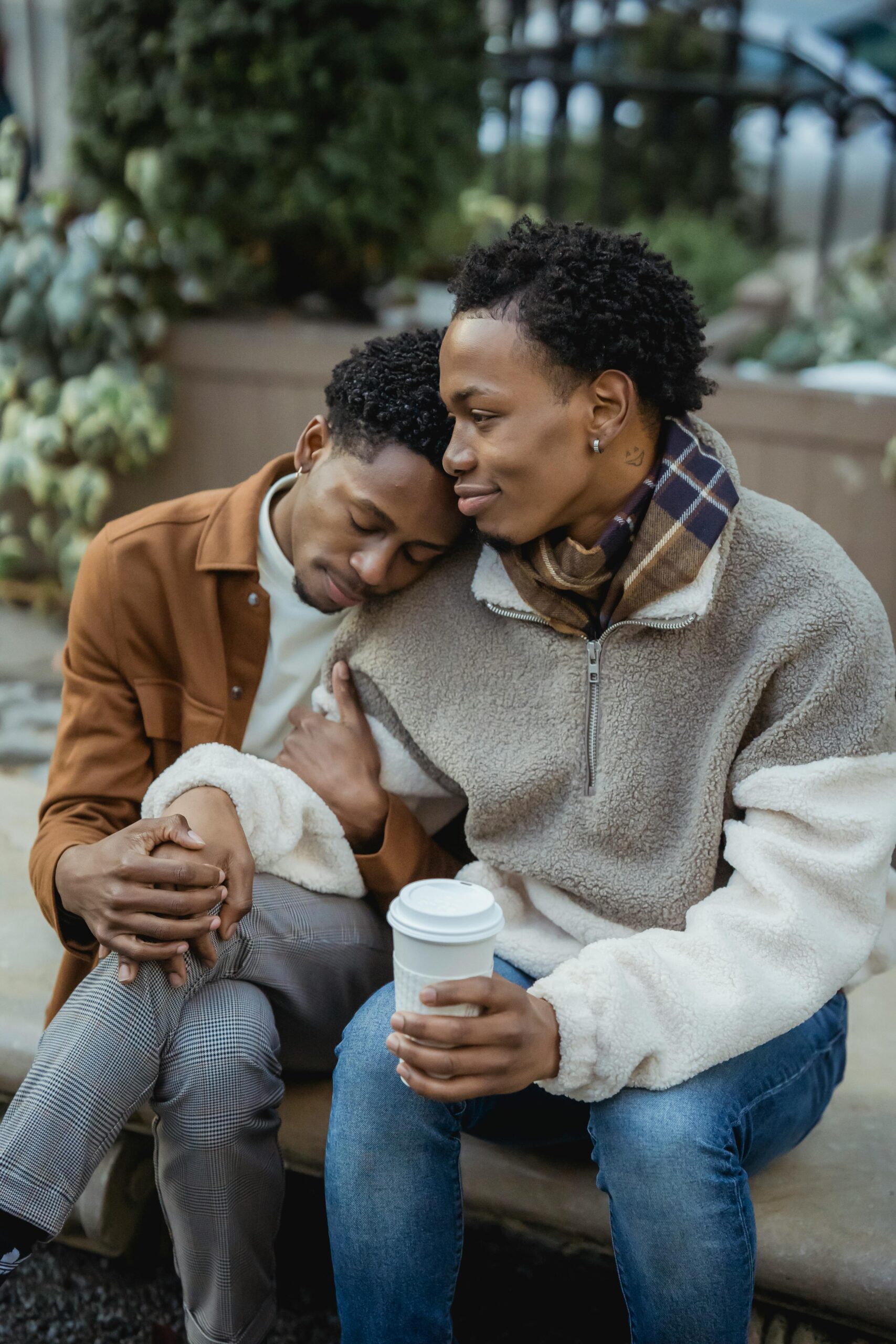
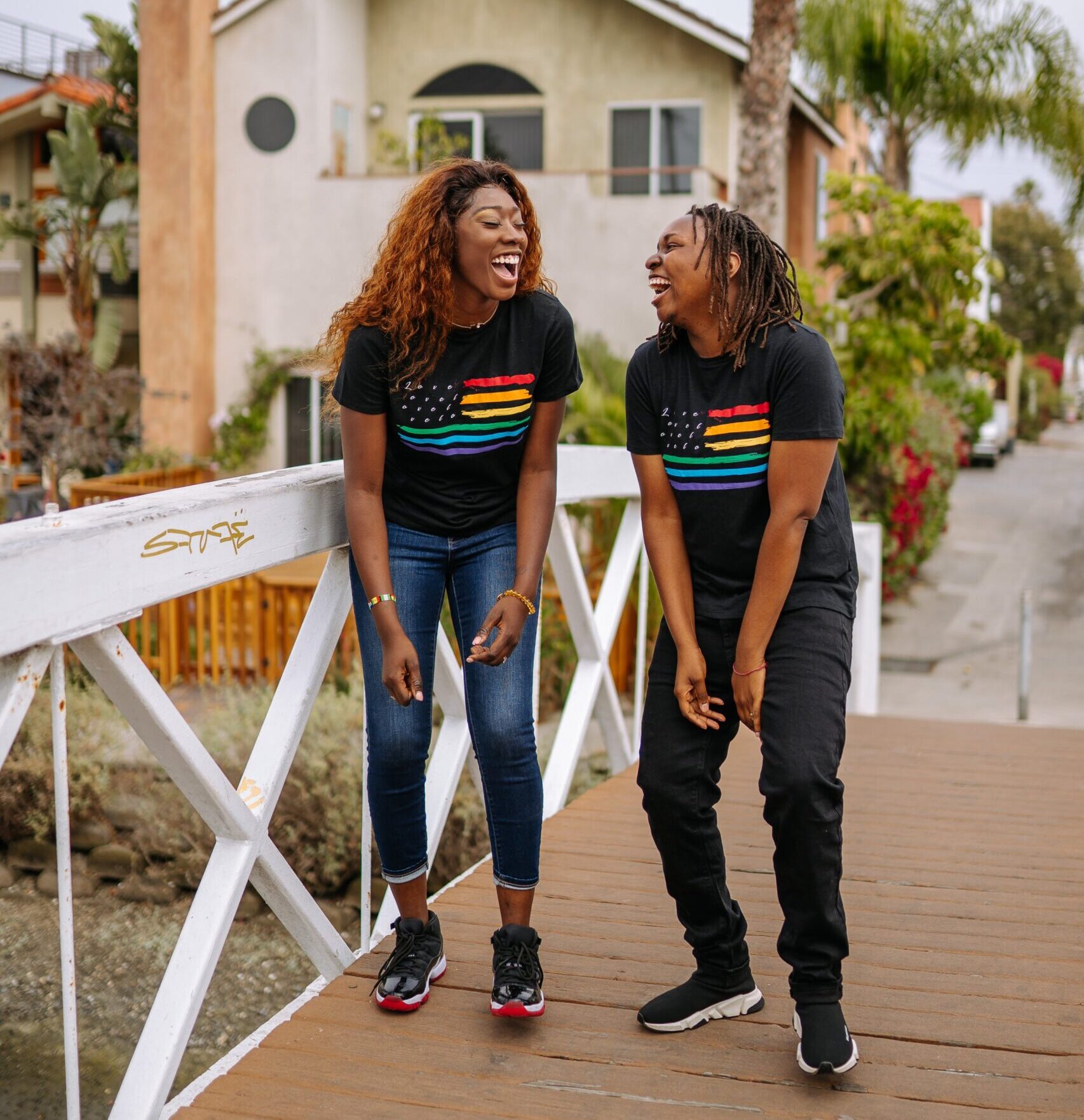
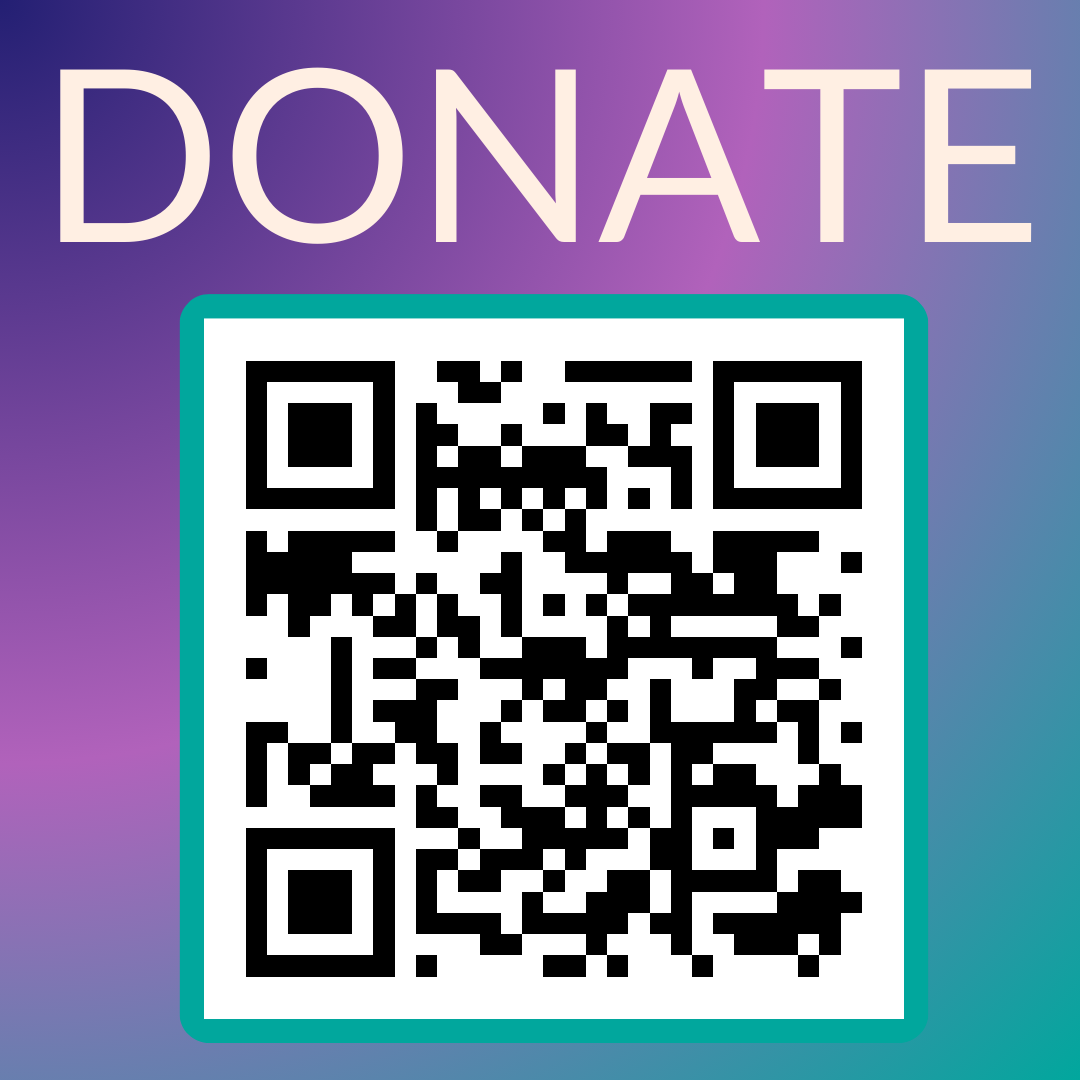
Financial information about this organization may be requested by contacting InterAct’s Chief Development Officer, Lori Richards at lorir@interactofwake.org or by calling 919-867-6722.

